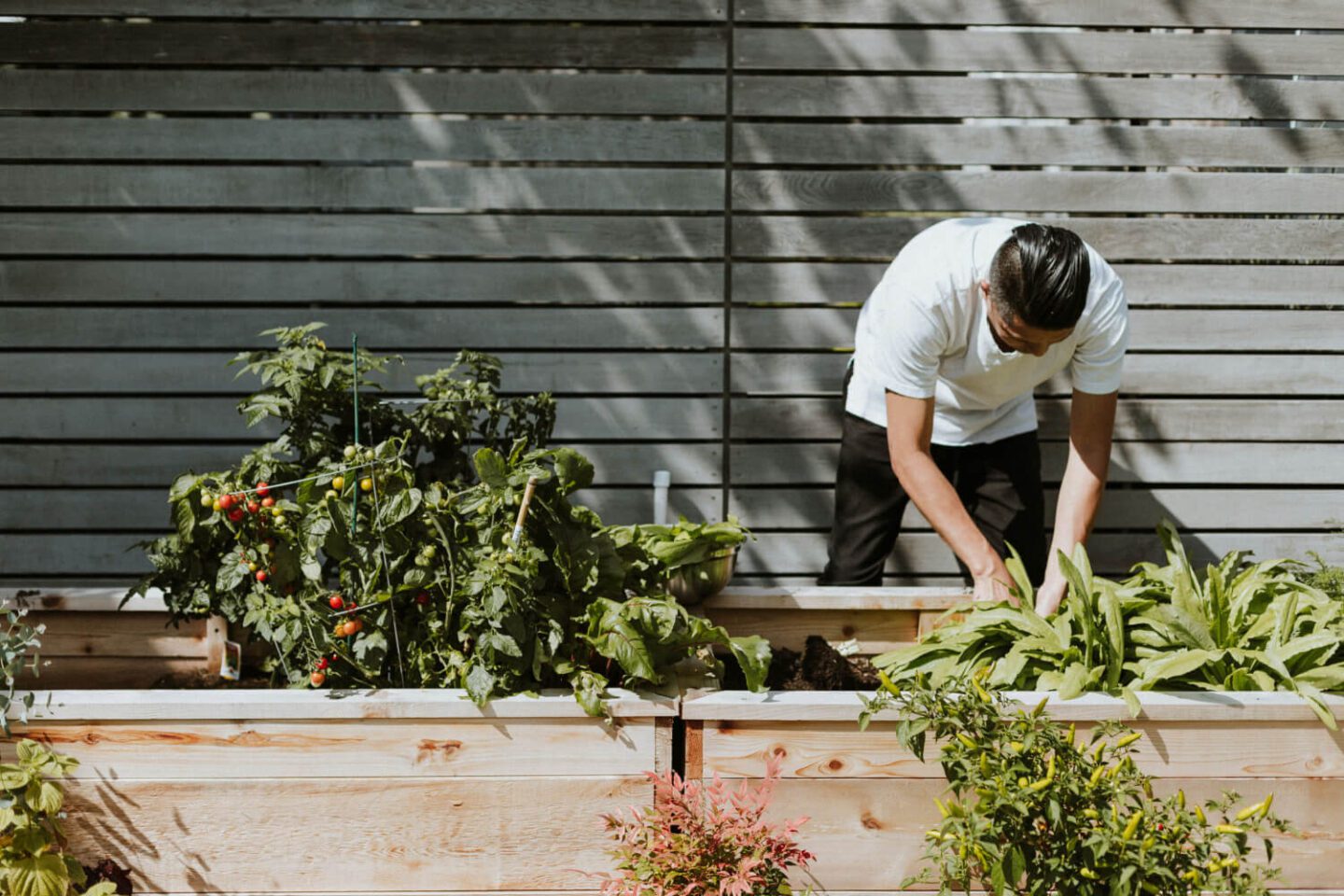While growing vegetables has always been a popular pastime, in these uncertain times, more and more people are becoming interested in the advantages that come with having your own ready source of food. The prices in supermarkets just keep continuing to climb; plus, the quality and taste are not always up to par. If you want to ensure that you and your family have steady access to healthy fresh produce, then it’s a great idea to grow your own!

Of course, you are going to need some space to grow your veg; ideally, a big enough plot of land to support a wide variety of vegetable species, and a couple of large garden sheds to store your equipment and your produce in. Assuming you have the room for a fairly spacious garden, let’s get started!
This depends somewhat on the climate of your region, so we will aim for choices that can be grown almost anywhere. Some of the most popular veggies can grow year-round! These include onions, pepper, kale, and aubergine. You can also grow many species as potted plants in warm, sheltered areas of your garden or in a greenhouse, such as peas, radishes, rocket, spring onions, and beans.
Herbs are another great addition to your garden; mint, parsley, oregano, and chives will add flavour to any dish. In general, the more sun, the better; it will give your herbs more flavour and a stronger aroma.
Vegetable gardens do best on slightly elevated or level ground. Important factors include how much sun exposure there is, as well as rain. Veggies love the sun, so a northern or western exposure is best. Try to keep some distance between fences and buildings that block the day’s sunlight, but you can put shade-tolerant varieties like lettuce, spinach, beets, and carrots there. The larger the garden is, the more you will be able to produce. Always make sure your plants have enough space between the rows to allow for maximum growth and ease of care.
Good soil is the key to any successful veggie garden. Strive for a good mix that is light on clay, has some sand to promote drainage, and is supplemented with organic fertilisers like animal manure.
It’s critical to give your veggies water regularly and make sure they get a thorough dousing, especially in dry weather. Early morning or late afternoon is the best time to do this; water evaporates rapidly under the midday sun. An automatic drip system is a great way to make sure the watering happens on a regular schedule and can prevent over or under-watering.
Possibly the least liked of all gardening chores, but one that is essential to getting a bumper crop because weeds steal nutrients, water, and light from your precious plants! Mulching around your plants can help deter weeds, making your life a bit easier.
The Australian Department of Agriculture, Fisheries and Forestry has some info on vegetable farming that might be interesting to you, especially if you decide to grow your veggies commercially.